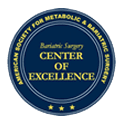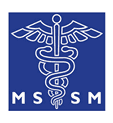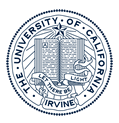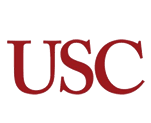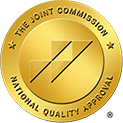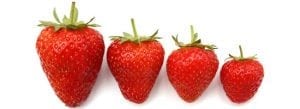 Diet and eating modifications are an important part of ensuring the success of your Lap-Band surgery. The smaller size of your stomach means that you will need to consume significantly smaller portions and eat slower than before. The following will give you an idea of what you can expect following Lap-Band surgery.
Diet and eating modifications are an important part of ensuring the success of your Lap-Band surgery. The smaller size of your stomach means that you will need to consume significantly smaller portions and eat slower than before. The following will give you an idea of what you can expect following Lap-Band surgery.
Post-Surgical Diet
You will be on a liquid or pureed diet for the first two to three weeks following surgery. You then gradually transition to soft foods and then to regular foods. When you start back on regular food, you will notice that you will get full very quickly. At this point, your stomach pouch will only hold about a tablespoonful of food. The pouch will gradually expand to hold about one cup of food. You should never eat more than your doctor advises in order to avoid stretching out the pouch too much.
Proper Eating Technique
Following surgery, you will need to learn a new way of eating. You should chew each bite until it is smooth. This is essential since the opening between your stomach pouch and the large part of the stomach is smaller, and large pieces of food could become stuck. You also need to eat slowly. This means allowing at least 20 to 30 minutes for a meal. You should eat six smaller meals a day, and avoid snacking between meals. It is important to stop eating as soon as you feel full, and never eat when you are not hungry. Many patients find that using smaller plates and utensils helps them control portion sizes.
Drinking Liquids
It is recommended that you drink approximately 64 ounces of water or another calorie-free liquid each day. You should not drink with your meal or within 30 minutes of eating. It is best to take small sips when you drink instead of gulping. You should also avoid drinking from straws or consuming carbonated beverages that can introduce excess air into the stomach.
Choosing the Right Foods
A balanced diet will ensure that you get the appropriate protein, vitamins, and minerals. Lean proteins, such as chicken, fish, lean beef, or eggs, are essential to maintaining muscle and tissue mass. You should also include plenty of fruits, vegetables, and whole grains. Many patients find that it is best to avoid pasta, rice, and bread. These foods absorb more fluids and expand in the stomach, which can cause discomfort.

